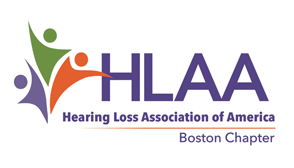About Us
HLAA Boston is an all-volunteer nonprofit organization dedicated to fulfilling the HLAA mission in Boston and beyond.
We strive to empower those with hearing loss by providing information, support, community, and advocacy.
We want people with hearing loss — like us — to know that they don’t have to face hearing loss alone. We can help!
We also have an Audiologist Advisory Council made up of doctors from various organizations in and around Boston. You can meet the council here.
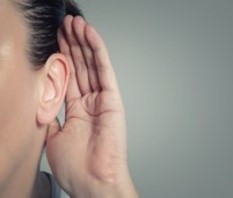
Our Team
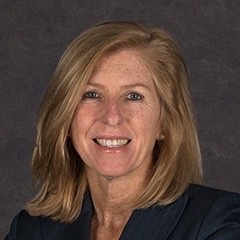
President: Kerry Sullivan
Question; How long have you been involved with HLAA?
Answer: Member of HLAA: 8 years. Boston Chapter: 1 year
Q: What make/model of hearing aid or CI do you have?
A: Oticon MiniRITE T/ More (rechargeable) and Oticon Opn S (battery charged, backup pair)
Q: How long have you been using an aid or implant?
A: 35+ years
Q: Besides your aid/implant, what’s your favorite piece of assistive technology?
A: Caption apps on my phone/iPad/Computer (Innocaption for phone calls, Otter for all else)
Q: What’s one thing about having hearing loss that you wish was more widely known?
A: How hard those of us with hearing loss work to just be able to understand and respond.
Q: What has been your biggest challenge?
A: Hearing: Riding in a car or airplane. Communicating: Not getting ahead of the conversation
Q: What is your superpower?
A: Superfocus/ concentration.

Vice-President: Sue Schy
Question: How long have you been involved with HLAA?
Answer: Since around 2010/2011
Q: What make/model of hearing aid or CI do you have?
A: Advanced Bionics Marvel cochlear implant processors (internal devices different)
Q: How long have you been using an aid or implant?
A: Hearing aid(s) since 1963- age 7- and left cochlear implant 2014, right cochlear implant 2023
Q: Besides your aid/implant, what’s your favorite piece of assistive technology?
A: Used to be a speaker phone after my first implant, and now with Marvel- direct streaming to the phone. If the Bluetooth connection is clear, I rarely miss a word during a phone conversation. If you don’t want to consider this assistive because it is built into the processors, then I’d have to say the Phonak remote, which allows me to change programs directly for the phone at work without touching my processors. I can do this directly through an app on my phone but I keep my Bluetooth off during the workday to prioritize my Bluetooth stethoscope.
Q; What’s one thing about having hearing loss that you wish was more widely known?
A: Hearing aids don’t “fix” your hearing like glasses do your vision. auditory rehabilitation (practice and learning strategies) are needed.
Q: What has been your biggest challenge?
A: Since I’ve had hearing aids since I was a child and have never known anything else, and being a realist, accepting people’s varying degrees of denial in coming to grips with their own loss. I can understand it intellectually, but often find it comical (and frustrating) when my hearing often gets blamed for someone else not hearing something.
Q: What is your superpower?
A: My ability to pick up on others non-verbal cues (speech reading, included). This has at times also been a curse.

Secretary: Julie DeMatteo-Lane
Question: How long have you been involved with HLAA?
Answer: October 2024
Q: What make/model of hearing aid or CI do you have?
A: Phonak Naida
Q: How long have you been using an aid or implant?
A: Since 1978
Q:Besides your aid/implant, what’s your favorite piece of assistive technology?
A: Roger mics
Q: What’s one thing about having hearing loss that you wish was more widely known?
A: That it’s not one-size-fits-all. Every person has a different experience.
Q: What has been your biggest challenge?
A: Being the only person in my family and friend groups with hearing loss.
Q: What is your superpower?
A: My superpower is that I am more than my disability.
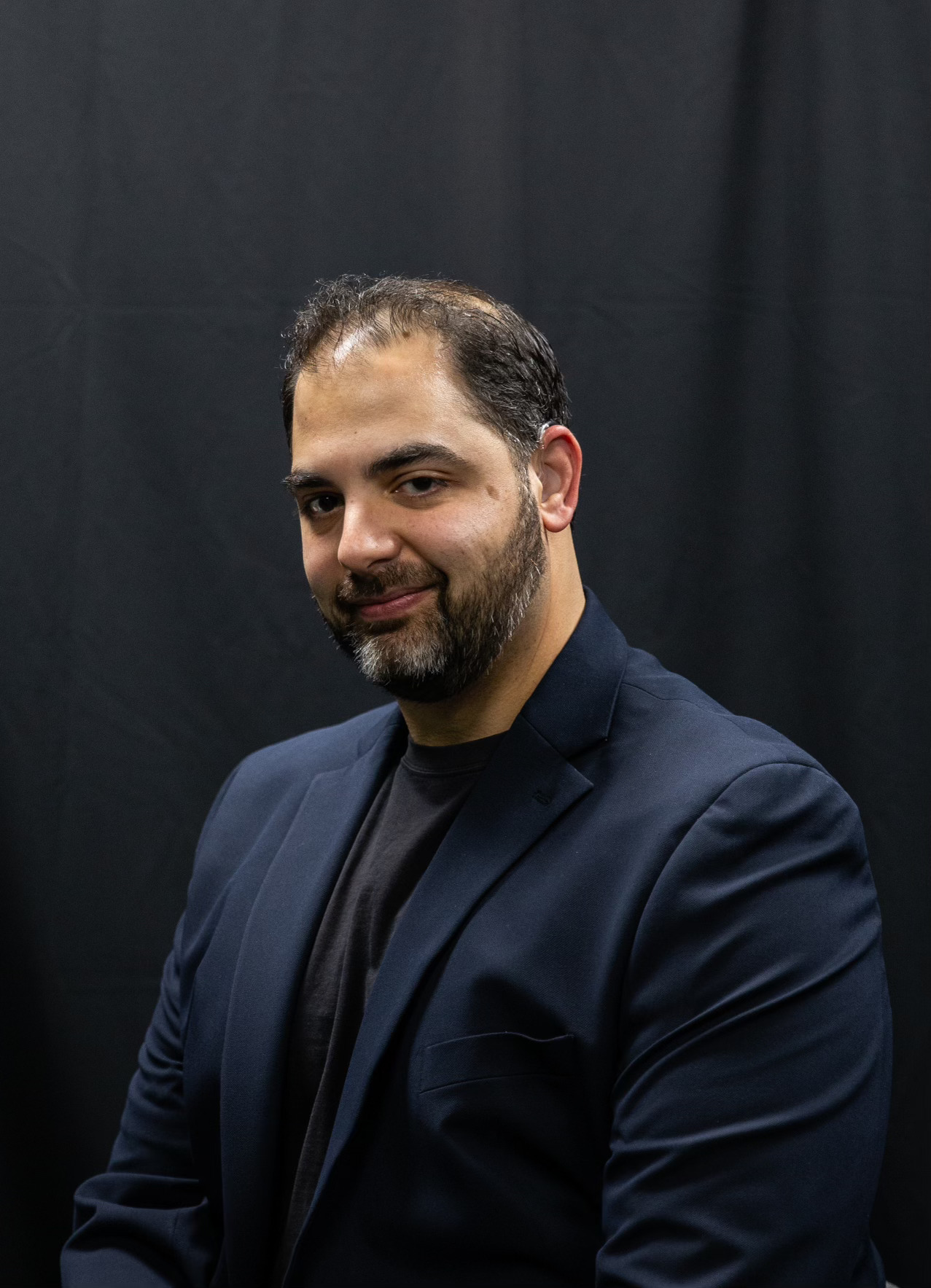
Social Media: Jonathan Ozek
Question: How long have you been involved with HLAA?
Answer: Since October 2023
Q: What make/model of hearing aid or CI do you have?
A: Phonak Naida P90-UP
Q: How long have you been using an aid or implant?
A: I’ve been a Phonak member since February 2024 but have been wearing hearing aids since I was born.
Q: Besides your aid/implant, what’s your favorite piece of assistive technology?
A: When it comes to accessibility and communication, I do email, texting, or closed captions.
Q: What’s one thing about having hearing loss that you wish was more widely known?
A: One important aspect of hearing loss that I believe should be more widely understood is that diversity within the deaf and hard of hearing community. Two things that stand out are accommodation matters and hearing loss isn’t always age-related.
Q: What has been your biggest challenge?
A: Communication is the biggest challenge. Especially when I have invisible disability.
Q: What is your superpower?
A: Turning my hearing aid off
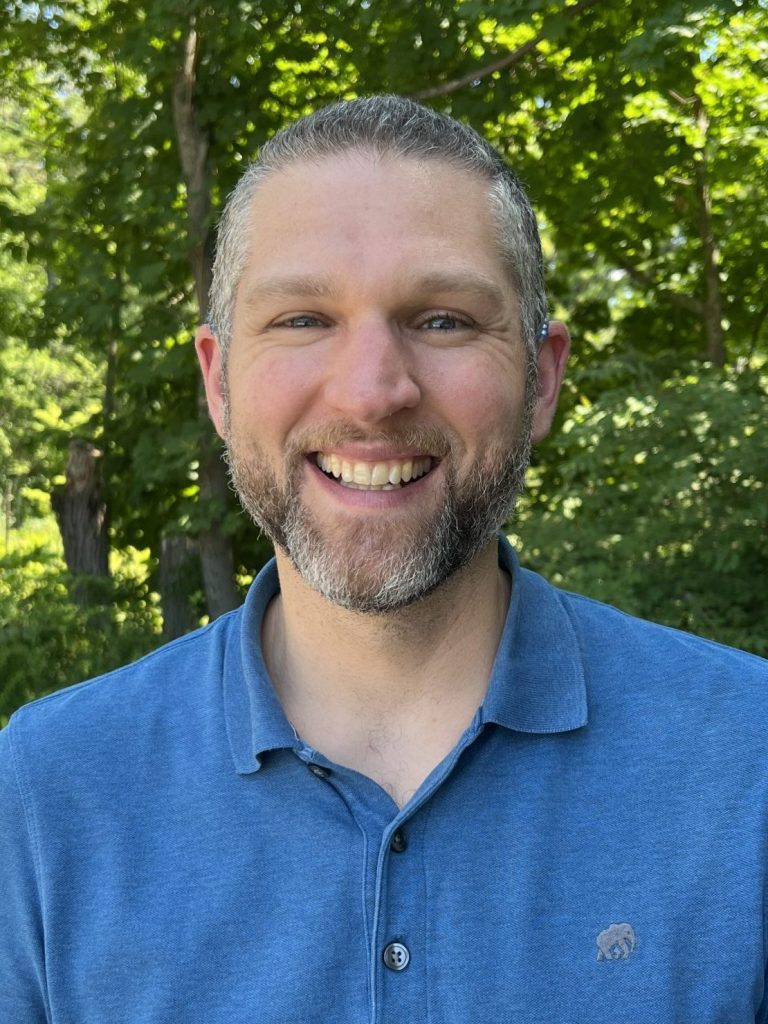
Technology: Brad McKenna
Question: How long have you been involved with HLAA?
Answer: Since January 2024
Q: What make/model of hearing aid or CI do you have?
A: Oticon Real 3
Q: How long have you been using an aid or implant?
A: I’ve had this set for a little over a year but I’ve been wearing hearing aids for twenty years.
Q: Besides your aid/implant, what’s your favorite piece of assistive technology?
A: Email, with texting a close second. Phone calls have always given me problems. It’s much easier for me to communicate through the written word.
Q: What’s one thing about having hearing loss that you wish was more widely known?
A: Hearing aids don’t work like glasses. They amplify sounds but don’t clarify them.
Q: What has been your biggest challenge?
A: Getting people to believe I have hearing problems. I’m 6’2″, bearded, and have at least one visible tattoo at all times. I don’t look like someone who is hard of hearing (whatever that’s supposed to look like).
Q: What is your superpower?
A: My peripheral vision. I can catch even the slightest movement off to my sides.
